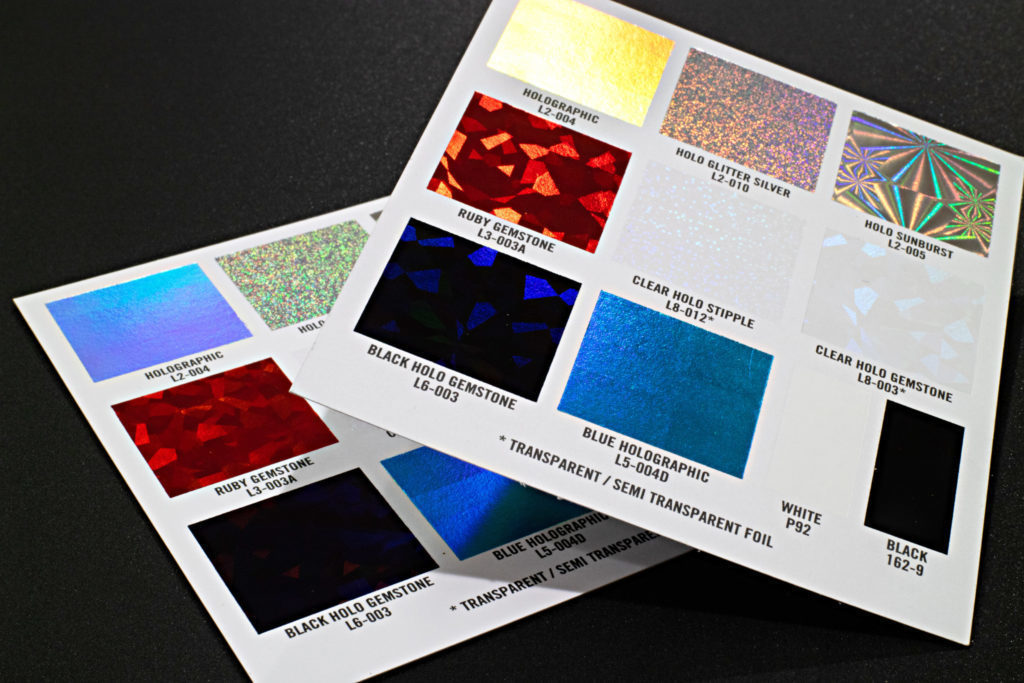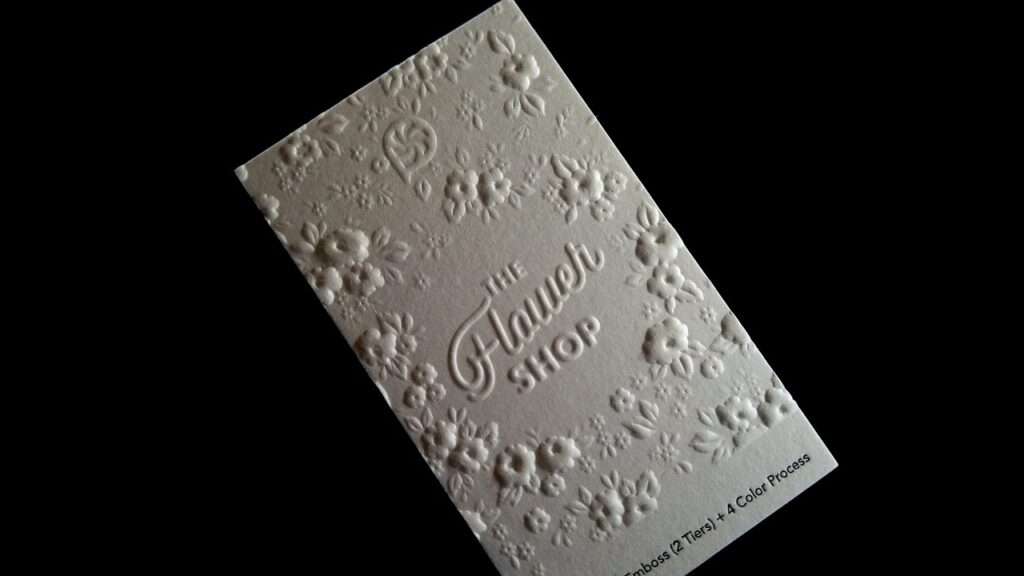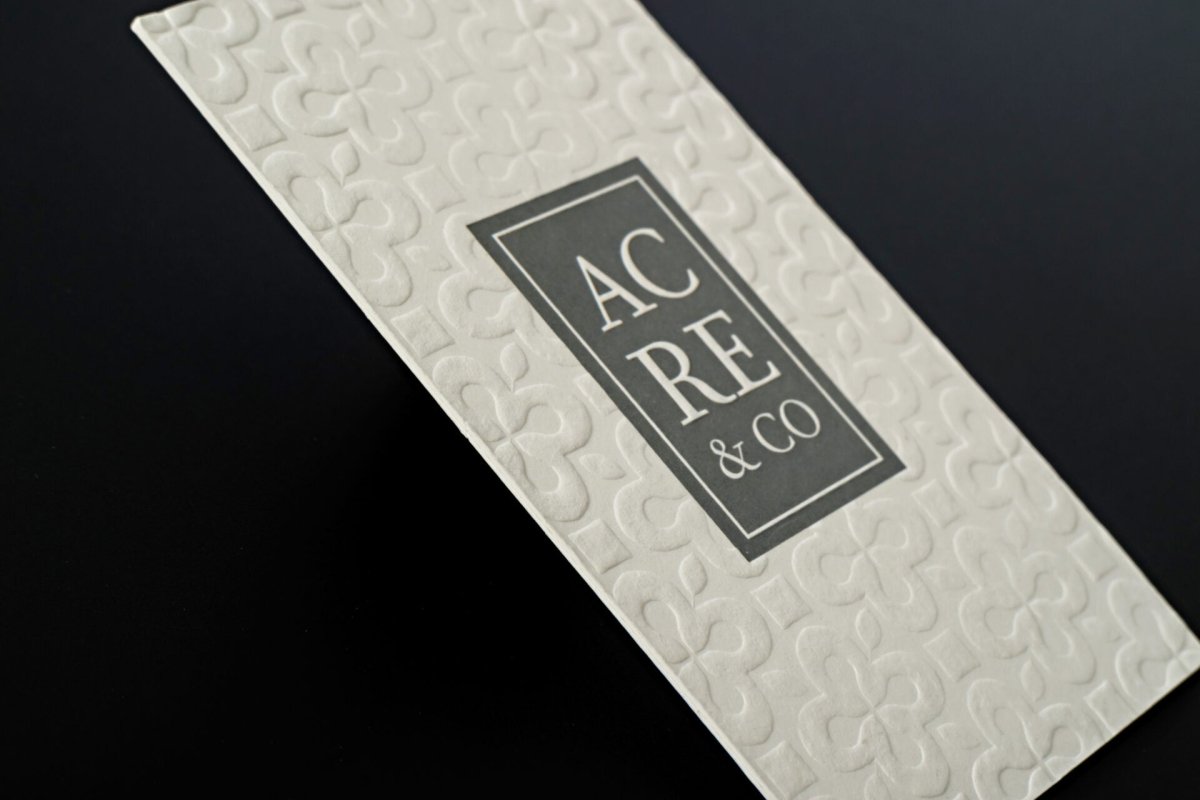
Are Business Cards Still Relevant in Today's World?
Blog AdminIn a world where we often communicate through screens and digital platforms, you might wonder if business cards are still useful.
Despite all the changes in how we connect with each other, business cards remain a key part of professional interactions.
Let's explore why business cards are still relevant and how they can be effectively used today.
Personal Connection:

(Source)
Business cards add a personal touch to meetings that you don't always get when you talk through screens.
When you meet someone and give them your business card, it shows you are professional and helps create a special memory.
This small moment can leave a big impression, which is very important for making and keeping business friends.
Giving someone your business card is more than just sharing your phone number or email; it's a way to really connect with someone.
When you hand over your card, you look at each other, maybe smile, and share a moment that feels real and sincere.
This can make the other person feel that you truly want to know them and work with them.
Also, a business card is something people can hold onto. Unlike digital info that might get lost in a phone, a business card can stay on a desk or in a wallet.
Every time someone sees your card, they remember you and the conversation you had.
This is really helpful, especially at big meetings like conferences where people meet lots of new faces.
What's more, the way your business card looks says a lot about you and your business. It shows your style and what your business stands for.
A cool and well-made card can start more talks and make people interested in what you do.
That's why it's a good idea to have nice, eye-catching business cards.
In short, business cards help you make and keep connections in the business world.
They give a personal touch that you can't get from digital chats, helping you turn a quick hello into a lasting business relationship.
Quick and Easy Information Sharing:
Business cards provide a fast and effective way to share contact information. At busy events or meetings, it’s much easier to hand someone a business card than to exchange details digitally.

(Source)
This is especially true in situations where using digital devices might be inconvenient. Business cards make sure your contact information is easily accessible in a tangible form.
Branding Opportunity:

(Source)
A well-designed business card is not just a way to share contact details; it's also a powerful tool for branding. It reflects your company’s identity and professionalism. The design, quality of the paper, and the information on the card help establish a brand image. This can set you apart from competitors and help people remember your brand.
Professional Standard:
Business cards are a widely recognized standard in the professional world. They are expected in many business interactions, especially in international settings where digital sharing might not be common.
Having a business card shows that you are prepared and serious about your work, which are valued qualities in any industry.
Useful in All Situations:
Unlike digital devices, business cards do not need power or internet connectivity.
They can be used anywhere and anytime, which makes them very handy in situations where digital technology might not work or be suitable.
Cultural Importance:
In many cultures, exchanging business cards is an important part of business etiquette. For example, in Japan, the exchange of business cards is a formal ritual that shows respect and is crucial for building business relationships. Similarly, in industries where tradition and formality are valued, such as law and high-level business consulting, business cards are very important.
Direct Marketing Tool:
Business cards can be an effective direct marketing tool.
Unlike online marketing or other digital forms of advertising, a business card is a direct link between you and potential clients or partners.
Every time someone looks at your card, it reminds them of your brand and what you offer.
Encourages Follow-ups:
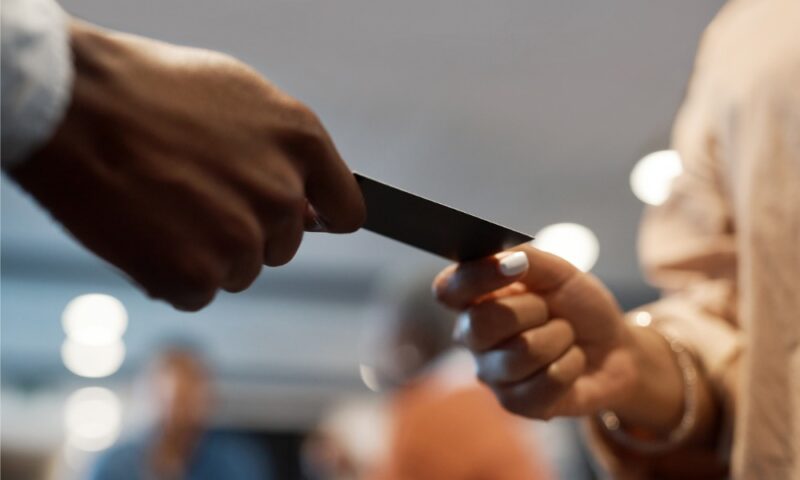
A physical business card can act as a reminder for a follow-up.
It’s easy for emails to get lost in a crowded inbox, but a business card placed on a desk or in a wallet keeps you in mind and encourages further contact.
Cost-Effective:
Making business cards is relatively inexpensive compared to other marketing materials.
This makes them an accessible marketing tool for businesses of all sizes, including small startups.
Creative and Versatile:
The design and content of business cards have evolved significantly.
Businesses now use business cards to show creativity and versatility, incorporating things like QR codes, unique designs, and even augmented reality that make the cards more interactive and engaging.
Bridging Generational Gaps:
:max_bytes(150000):strip_icc():format(webp)/Generation-gap.asp-v1-7263c22a29c440689289e3b8a85ef31a.png)
While younger generations might prefer digital platforms for networking, many seasoned professionals continue to value the simplicity and tangibility of business cards.
By using business cards, you bridge the gap between different age groups and preferences in professional settings.
Environmentally Friendly Options:
Today, many businesses are aware of their environmental impact.
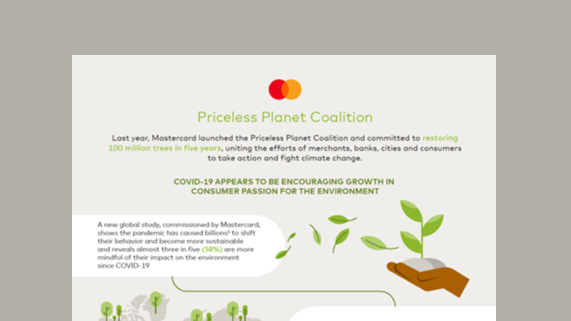
The production of business cards can be made more sustainable with the use of recycled materials or by creating digital business cards that reduce paper use.
This shows that business cards can evolve with changing environmental standards.
Integrating Digital Tools:

Modern business cards often include digital elements, such as QR codes or NFC technology, which link directly to digital profiles or websites. This allows for a smooth transition between traditional and digital networking methods, enhancing the utility of the business card.
Networking Beyond Borders:

Business cards play a crucial role in international business where digital tools may not be as readily accepted or available. They serve as a universal language that transcends cultural and linguistic barriers, facilitating smoother introductions and exchanges.
Always Ready:
Carrying a business card means you’re always ready to seize networking opportunities. Whether it’s a planned meeting or a chance encounter, having a business card handy can lead to valuable connections and opportunities.
In conclusion, business cards remain an essential tool in professional exchanges. They offer a unique blend of personal touch, convenience, branding, and professionalism that digital tools have yet to fully replicate. For anyone looking to make a lasting impression in the professional world, a well-designed business card is crucial. Whether you are a freelancer, a large enterprise, or anything in between, the business card is key to making meaningful business connections that could shape the future of your career or business.

